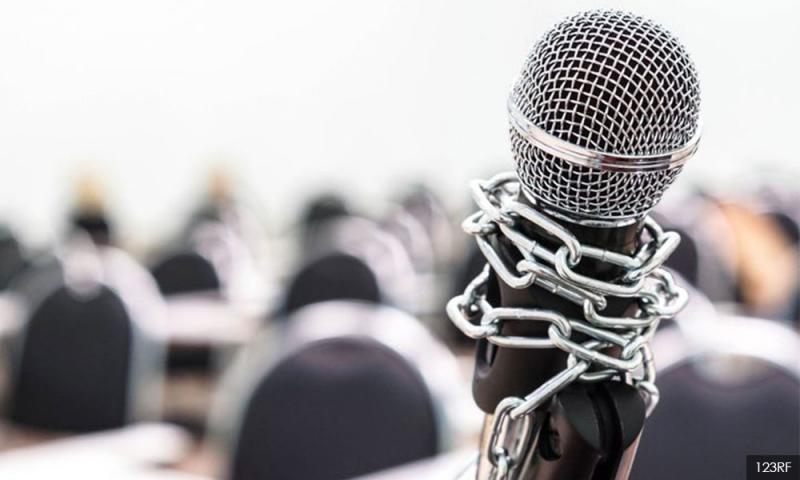COMMENT | Why journalists don’t ask difficult questions
One is the range of ways in which the subject, event, or state of affairs is approached. The other is the absolute quest to get as close to the truth as possible – and defend it.
Both are shaped by the questions that are asked and of course, how these questions are framed.
A recent opinion piece by Eric Loo, “Why aren’t journalists asking hard questions?” raised the issue of questioning.
I should say, at this early point, that I don’t take a personal political position here. I don’t know enough about Malaysian politics and society to say anything with confidence.
I have always been a guest or a visitor in the country, and cannot find it in me to whip up antagonisms or exploit the goodwill that is always shared with me.
I will simply reflect on a decades-long career in the media (reporter, national political correspondent, foreign correspondent, photojournalist, now a columnist and essayist in and out of academia), with a specific focus on the way journalists ask questions and their social and institutional environment.
Allow me then to start on somewhat of a philosophical note. The questions we ask tend to be shaped by family, community, and society. More specifically, by the ideas and intellectual boundaries that are allowed within the family, community, and society.
Also, because of their power, their role in building awareness, and the place they occupy in corporations, journalists, as public intellectuals, ask questions for any among a range of reasons.
One of the most important lessons we have learned since the turn of the century was the way...
RM12.50 / month
- Unlimited access to award-winning journalism
- Comment and share your opinions on all our articles
- Gift interesting stories to your friends
- Tax deductable
